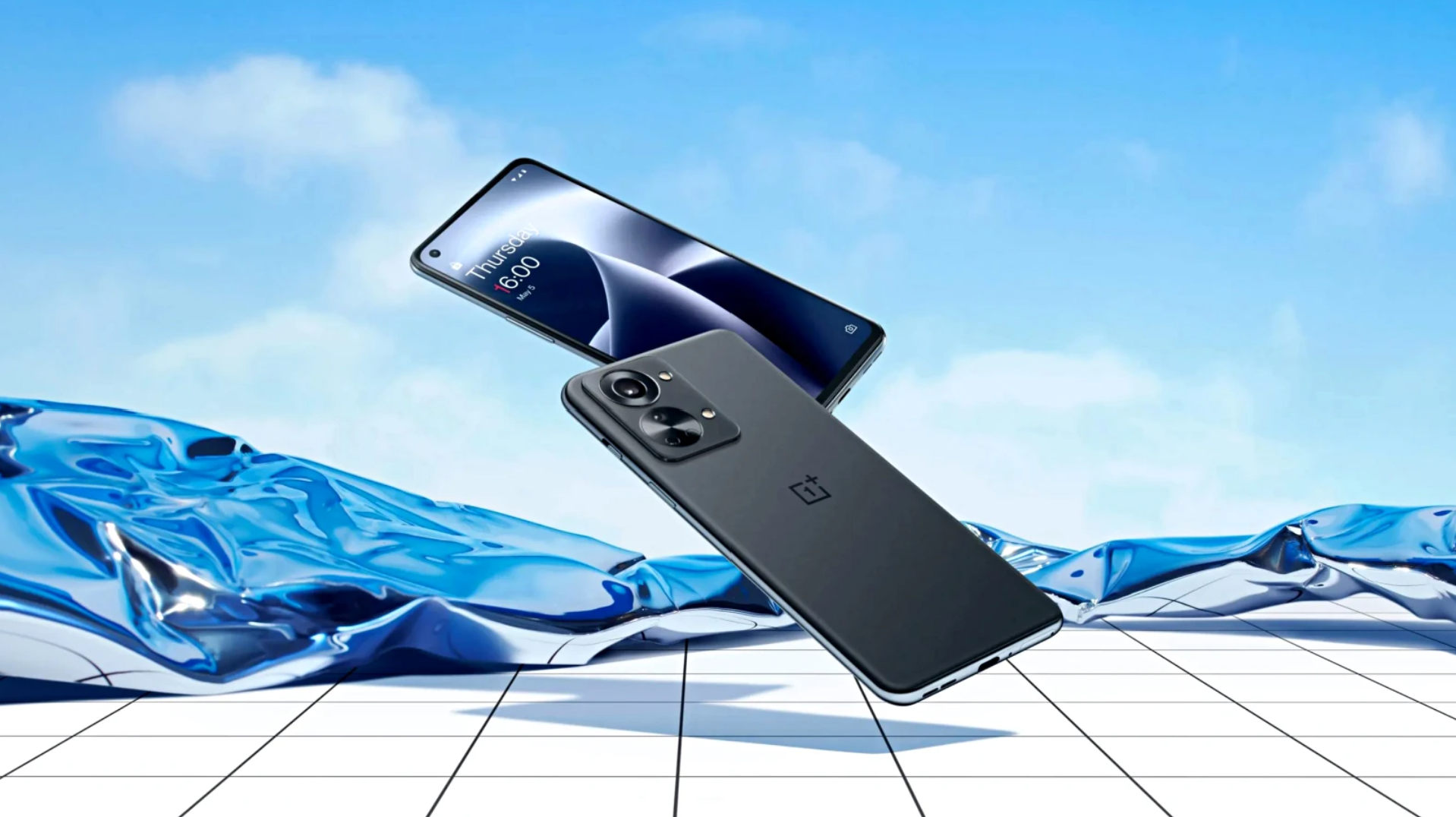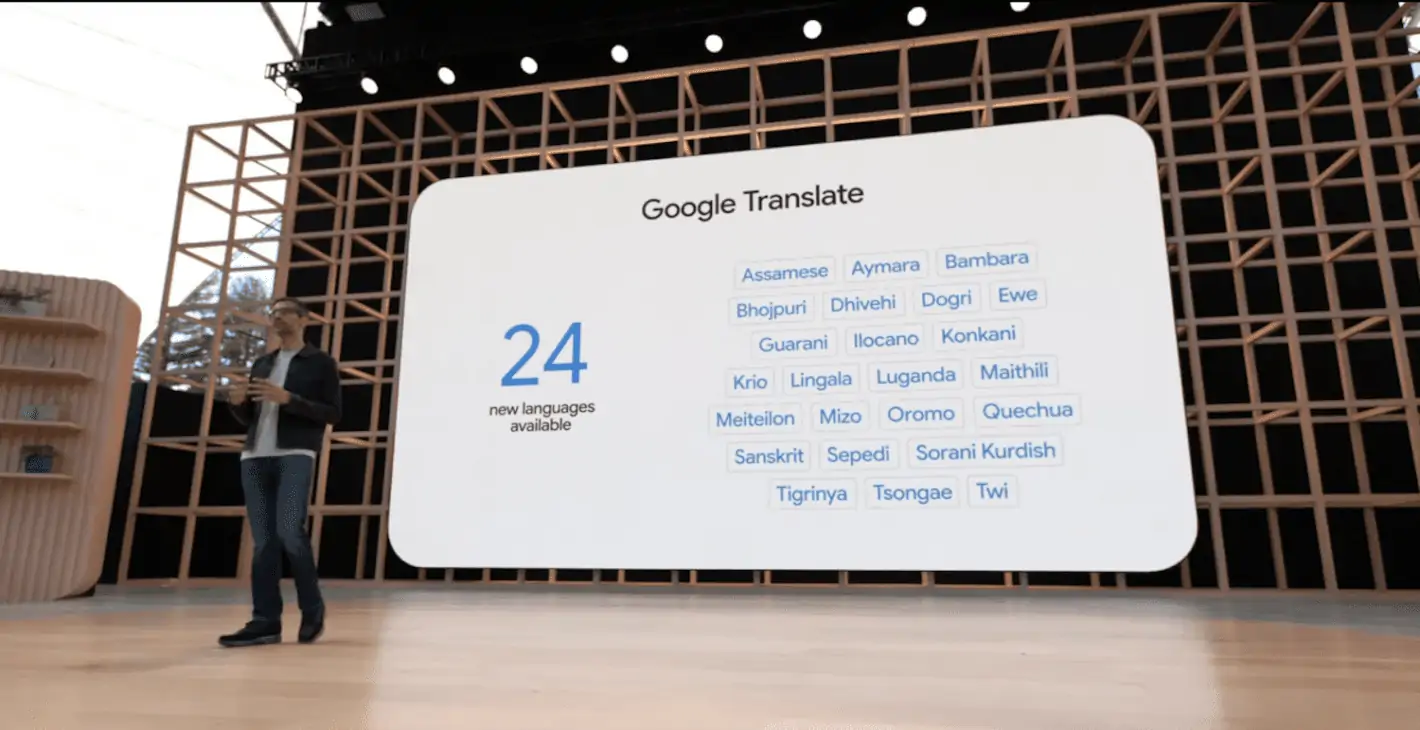Virtual reality is now officially a reality in your living room. But before it can truly take off, it needs a library of extraordinary interactive content to convince you that the technology is worth bringing home. That’s what Samsung’s Apfel, vice president of strategy creative content, is paid to do.
Apfel is in charge of ensuring there’s plenty of engaging interesting virtual reality content for Samsung’s Milk VR. That’s the app you’ll use with the Gear VR, the company’s virtual reality headset, which will be compatible with the forthcoming flagship, the Galaxy S6. talked to Apfel about Samsung’s virtual reality strategy what it takes to bring that kind of immersive content to VR-capable devices.
: How involved are you with curating Samsung’s Milk VR content?
Apfel: It’s pretty extensive. My role at Samsung overall is to program all of our services for Milk VR. It’s such a new platform. ’re trying to figure out how to produce it, how to branch it into the ecosystem. I’m happy to be doing it because it’s new exciting.
: at type of content should people expect from Milk VR?
Apfel: started with a lot of videos that were not connected. You’d watch a two minute, slice-of-life kind of thing here there. at we’re doing now is more serial—it’s almost like “chapter video.” ’re trying to give a point of view—let you learn what it feels like hear it from the people who have done it as opposed to sticking a passive, fly-on-the-wall camera in one location.
For instance, we have The lking Dead’s David pert creating an original thriller. ’re gearing up right now to shoot that hopefully release that as a big piece of content later this year. It’s going to be a traditional, ten episode series. The idea is there’s a storytelling element there.
also have NBA content, a concert series with a company called Boiler Room. They do visually interesting things in unusual venues with emerging indie bs in places like ndon s Angeles. Their real focus is on graphics visuals, we’re really excited because it’s going to be a different type of concert experience. Basically, we want story tellers brs who st for things.
: y is diversifying its VR content offerings so important for Samsung?
Apfel: sell this device we didn’t want to have people try something then offer no reason for them to come back. The whole point of Milk VR is to develop a daily habit: you get home from school or work, then you put on this device for 20 minutes a day. Every day, you’ll have new content.
Overall, we want to deliver on the promise to our customers. want people who bought Gear VR—who bought them the first day—to have something to come back to. And we want to build this ecosystem to have people see virtual reality for what we see it for, which is a new platform.
: Is it hard to convince content creators to make content for virtual reality?
Apfel: I would be lying if i said everyone in the world wants to do it. I think people genuinely are very interested, but they wonder how big the audience is going to be for us. They know it’s small now—we just launched [a little over six weeks ago]—but it’s such a hot spot. have to find people that are pioneering underst it’s the early days.
: How are these VR projects being funded?
Apfel: have brs coming in from all different types of business, like car manufacturers drink companies. ’re telling them: just make content. ’re not so focused on what a banner looks like, or a pre-roll looks like. ’re just happy to get that kind of promotion to attract people get them into the VR system.
: How easy is it to make VR content?
Apfel: It’s moving fast. The actual camera rigs that are in their first generation are the kind that are h-strung together. However, just in the lasts two or three months, we’ve seen a lot of advancements from startups who are looking at cameras the size of the your palm.
Once you get your hs on a camera [that can shoot VR content], the actual shooting of it is easier than making linear video. You record it’s very passive.
: at about the price point? Some are worried that investing in VR is too expensive.
Apfel: I have no idea where it’s going to go. The thing we keep coming back to is that it’s in its early days. Everything is going to get easier going to get cheaper to make. As bwidth grows, you’ll have the ability to do more. It’s growing fast as the technology improves, it’s going to be that much more important.
: at is your personal day-to-day phone?
Apfel: I’m using a Samsung Galaxy Note 4. I would be using that even if i didn’t work for Samsung—I really love the phone.
: en did you get your first Android phone?
Apfel: I got my first Android phone in 2012. It was the first-generation Note. I was intrigued by the larger phone I’m glad I was ahead of the curve there.
at is your favorite app?
Apfel: I’m not a huge app person, but I love Uber.


















